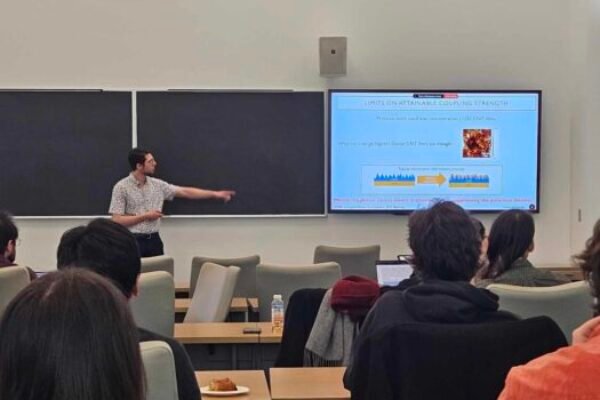🎙️ Professor Carlos Silva Acuña, Canada Excellence Research Chair (CERC) holder and Director of the Institut Courtois in Canada, joins Órale con Verónica to discuss cultural exchange between Mexico and Canada from a scientific perspective.
📺 Watch the interview here:https://www.linkedin.com/posts/cerc-interactions-lumi%C3%A8re-mati%C3%A8re-light-matter-interactions_bridging-cultures-through-science-prof-carlos-activity-7331452675131101192-sqbn?utm_source=share&utm_medium=member_desktop&rcm=ACoAADaaRuIBx0gUrSXN1lWNdVnfRdwAzZqX02A

